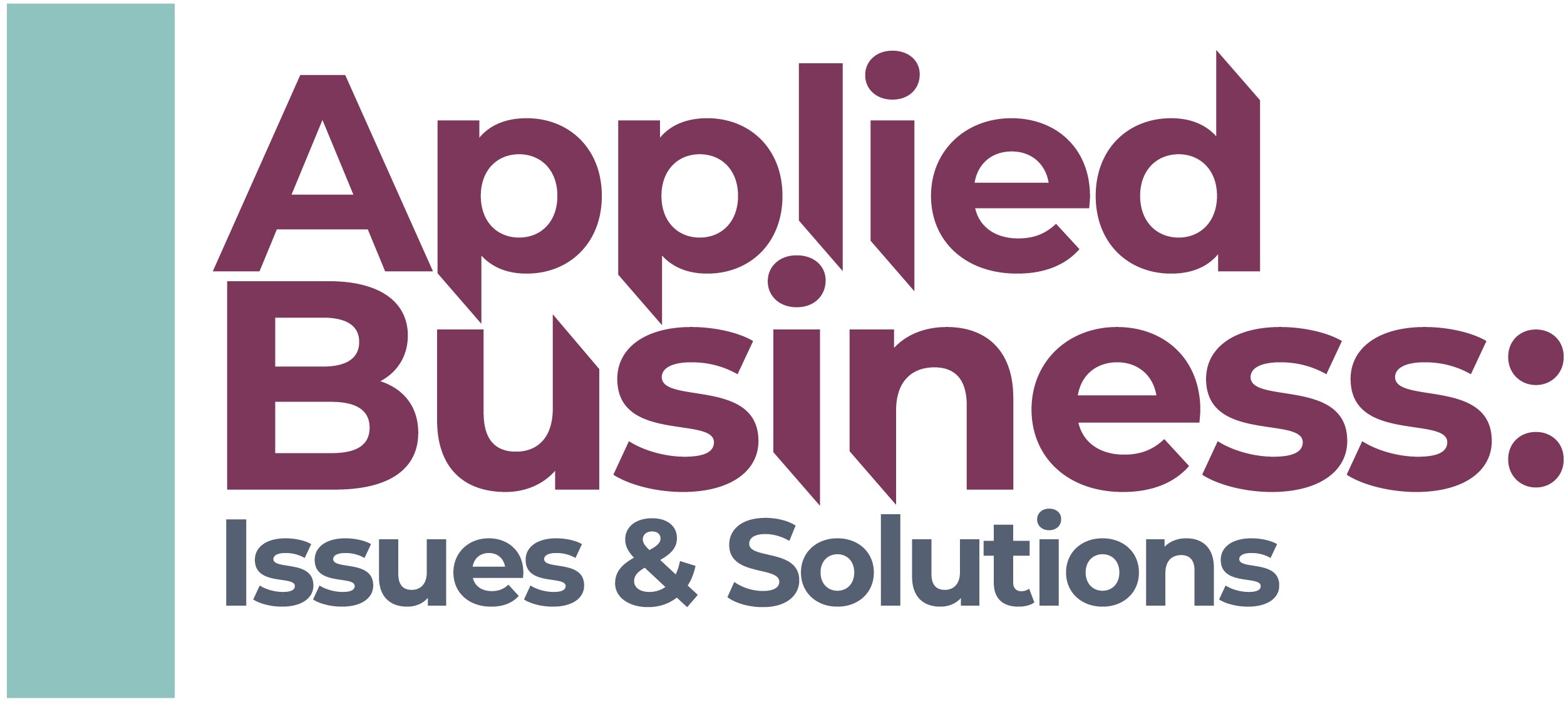
| Type: | Article | |
| Title: | Approach for Evaluating the Suitability of Programming Environments for Learning and Developing Purposes | PDF Article |
| Author: | Aleksandr Igumenov | |
| Orcid: | https://orcid.org/0009-0009-0740-1038 | |
| Author: | Jevgenijus Marinuškinas | |
| Orcid: | https://orcid.org/0009-0008-5789-3539 | |
| On-line: | 30-June-2023 | |
| Metrics: | Applied Business: Issues & Solutions 1(2023)35-39 - ISSN 2783-6967. | |
| DOI: | 10.57005/ab.2023.1.5 | |
| URL: | http://www.applied-business-solutions.eu/h23/2023_1_5.html | |
| | ||
| Abstract. | Currently, the ability to create various programs has become particularly relevant. The example of this trend is the programs created for smartphones. In addition, the smartphone is becoming one of the tools for work and is increasingly used in many activities, such as work activities, entertainment, education, and IoT. As a result, there is an increasing need for modern, versatile, and efficient tools for creating such types of programs. Also, development of such programs requires special programming skills. According to these facts we can see that such situation evolves a big request for specialists in this field of activity. One possible solution to this problem is the use of alternative development tools that do not require deep programming knowledge or skills, such as visual programming tools. These tools have the potential to create a new generation of programmers who do not need to be experts in low-level programming. And these tools need to be properly selected based on the requirements of the program. This article aims to provide a systematic approach to evaluating the possibilities of any programming environment software for learning and development purposes. | |
| | ||
| JEL: | C61. | |
| Keywords: | visual programming; block programming; traditional programming; imperative paradigm; logical paradigm; functional paradigm; object-oriented paradigm; Thunkable; Xamarin; comparative analysis approach. | |
| | ||
| Citation: | Aleksandr Igumenov, Jevgenijus Marinuškinas (2023) Approach for Evaluating the Suitability of Programming Environments for Learning and Developing Purposes. - Applied Business: Issues & Solutions 1(2023)35-39 - ISSN 2783-6967. | |
| https://doi.org/10.57005/ab.2023.1.5 | ||
| | ||
| References. |
1. Shylesh, S. (2017) A study of software development life cycle process models. - SSRN Electronic Journal - http://dx.doi.org/10.2139/ssrn.2988291. 2. Repenning, A. (2017) Moving beyond syntax: Lessons from 20 years of blocks programing in agentsheets - Journal of Visual Languages and Sentient Systems 3(1)(2017) 68-91 - https://doi.org/10.18293/vlss2017-010. 3. Normark, K. (2013) Functional Programming in Scheme With Web Programming Examples - Functional Programming in Scheme. - Department of Computer Science, Aalborg University, Denmark, 2013. - https://homes.cs.aau.dk/ normark/prog3-03/html/notes/top-level-title-page.html, retrieved May 1, 2023. 4. Adhkari, B. (2016) Object Oriented Programming Vs Procedural Programming. - https://doi.org/10.13140/RG.2.2.33443.45604. 5. Bernard, A. (2020) Is low-code/no-code the future of application development? - TechRepublic. TechnologyAdvice - https://www.techrepublic.com/article/is-low-codeno-code-the-future-of-application-development/, retrieved May 1, 2023. 6. Friedman, M. et al (2010) Best no code app builder: No code app creation, Thunkable. - Thunkable, Inc. - https://thunkable.com/, retrieved May 1, 2023. 7. Vailshery, L.S. (2022) Cross-platform mobile frameworks used by global developers 2021. - Statista. - https://www.statista.com/statistics/869224/ worldwide-software-developer-working-hours/, retrieved May 1, 2023. 8. Kartik; Shantnu (2020) 9 techniques to write your code efficiently - https://blogspot.com. - https://patataeater.blogspot.com/2020/08/how-to-write-efficient-and-faster-code.html, retrieved May 1, 2023. 9. Podkamennyi, V. (2020) Principles of Software Engineering. - In: Podkamennyi V. Software development. - https://vpodk.com/principles-of-software-engineering/, retrieved May 1, 2023. |